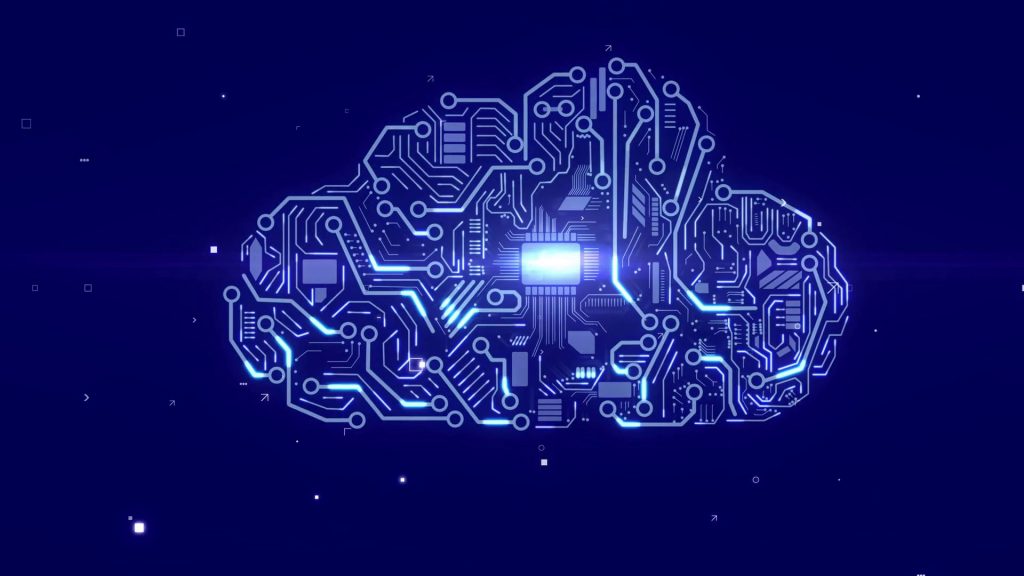… [Trackback]
[…] Info to that Topic: blog.neterra.cloud/en/what-is-fog-computing-and-should-you-care-about-it/ […]

There are so many types of computing out there. After cloud computing and edge computing, there’s also fog computing which has gained traction. But what is it and should you pay attention to it or is it just a fad?
The explanation of Fog computing seems… foggy. It is a decentralized computing infrastructure where the different elements like data, computing, storage and applications are located between the data source and the cloud. In a way, it’s similar to edge computing where the majority of the computing happens somewhere close to the user, like a base station of a telecom, for example.
As a result, it’s not uncommon for people to use fog computing and edge computing to describe the same thing. In reality, they complement each other and the Edge is part of the Fog.
“Fog provides the missing link for what data needs to be pushed to the cloud, and what can be analyzed locally, at the edge,” explains Mung Chiang, dean of Purdue University’s College of Engineering to Networkworld.com.
There’s even the OpenFog Consortium which has been around since 2015. Basically, the Fog helps IoT devices, like sensors and other, to have access to better computing power, storage or other services without the need to use the full cloud all the time. This allows them to have faster data transfers and data processing and lowers the amount of data which has to travel via the Internet to the cloud servers.
As such, fog computing is quite useful for IoT devices and instances where privacy is important and you want less data to travel on the Web. Or when you simply need a node which will process data from several sensors, for example on a smart electrical grid, and then will only send the results of the data to the cloud and to the control room. This way you get the benefits of quick data processing for the sensors, less network load, better security and flexibility.
Well, it depends. If you need low-latency network connections, better computing power where there’s poor bandwidth, better security and so on, then yes, you should definitely explore how fog computing can help you achieve your goals.
Its most typical use cases are in smart grids, smart cities, IoT, even manufacturing or CCTV security systems. Fog computing’s not limited to that, though, and the possibilities are endless.
Of course, it’s not a solution for everything. If you’re not careful about the way you deploy the fog nodes, they can be a point of attack. The physical location may take away from the full-time data availability of the cloud (unless that’s your goal, of course).
Fog computing should be poised for quite the run in the future. As mobile networks get better and better and if 5G brings the promised goods, then the Fog might just be ideal for telecom-based data processing and/or storing services. Plus, it will help smaller companies to take advantage of the Fog and the Edge with fewer resources to invest.
Hardware manufacturers have already started working on integrating “fogging” on their network devices and components. Along with additional machine-learning advancements, fog computing has a promising future. So, keep an eye out for it.
… [Trackback]
[…] Info to that Topic: blog.neterra.cloud/en/what-is-fog-computing-and-should-you-care-about-it/ […]
… [Trackback]
[…] Information to that Topic: blog.neterra.cloud/en/what-is-fog-computing-and-should-you-care-about-it/ […]
… [Trackback]
[…] Read More Information here on that Topic: blog.neterra.cloud/en/what-is-fog-computing-and-should-you-care-about-it/ […]
… [Trackback]
[…] Read More Info here to that Topic: blog.neterra.cloud/en/what-is-fog-computing-and-should-you-care-about-it/ […]
… [Trackback]
[…] Info on that Topic: blog.neterra.cloud/en/what-is-fog-computing-and-should-you-care-about-it/ […]
… [Trackback]
[…] Here you can find 90369 more Info to that Topic: blog.neterra.cloud/en/what-is-fog-computing-and-should-you-care-about-it/ […]
… [Trackback]
[…] Read More Information here on that Topic: blog.neterra.cloud/en/what-is-fog-computing-and-should-you-care-about-it/ […]